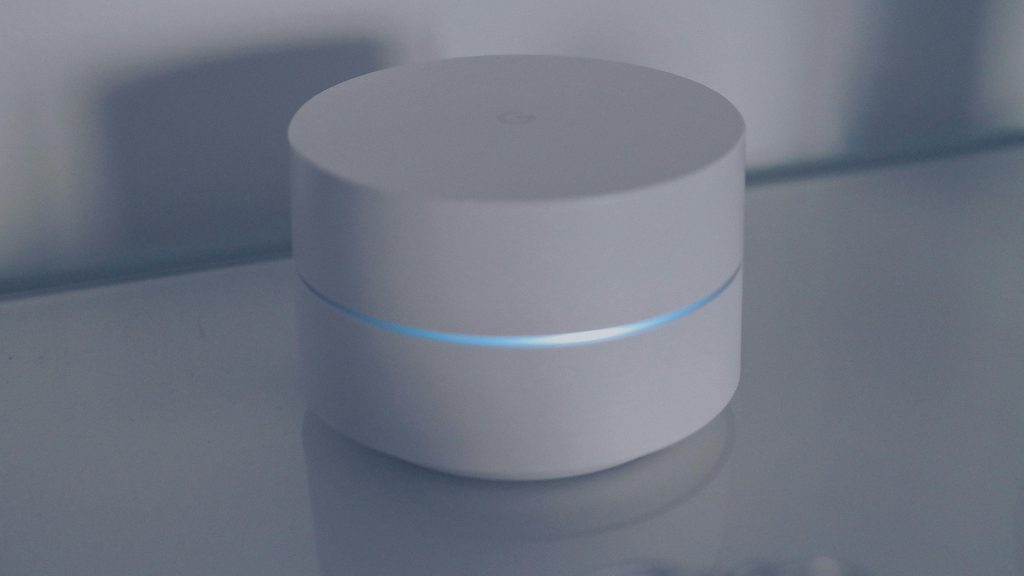Seamless IT Solutions for Your Business Needs

Meta Description:
Wireless Mesh vs Traditional Access Points – Discover the best networking solution for your environment. Learn key differences, benefits, and which suits your needs best.
1. Introduction
In today’s hyper-connected world, choosing the right wireless networking solution is critical for businesses and individuals. Two prominent options dominate the market: Wireless Mesh Networks (WMNs) and Traditional Access Points (APs). Understanding their differences can help you make an informed decision.
Understanding Wireless Mesh Networks
What is a Wireless Mesh Network?
A wireless mesh network (WMN) consists of multiple interlinked nodes that communicate dynamically. Unlike traditional setups, each node acts as both a router and an access point, extending coverage without requiring direct cabling.
Key Advantages of Wireless Mesh Networks
- Self-healing: Automatically reroutes traffic if a node fails
- Expanded Coverage: Ideal for large areas and outdoor spaces
- Minimal Infrastructure: Requires fewer wired connections
- Easy Expansion: Simply add more nodes
Exploring Traditional Access Points
What is a Traditional Access Point?
A traditional access point (AP) is a networking device that connects to a wired network and broadcasts a Wi-Fi signal. They typically require a wired backhaul for stable connections.
Advantages of Traditional APs
- Stable, High-Speed Connectivity: Direct wired connections ensure minimal interference
- Better Device Management: Supports VLANs and advanced configurations
- Ideal for Controlled Environments: Suited for businesses, schools, and data centres

Key Differences Between Wireless Mesh and Traditional APs
| Feature | Wireless Mesh | Traditional APs |
| Infrastructure | Minimal wiring required | Requires wired backhaul |
| Scalability | Easily expandable | Requires additional hardware |
| Performance | Potential latency in large setups | Consistent and stable |
| Installation | Plug-and-play setup | Complex wiring required |
| Cost | Higher initial cost | More affordable for small networks |
Scalability Considerations
Wireless mesh networks shine when expanding coverage without extensive rewiring. Traditional APs, however, require wired expansion, making them less scalable for large areas.
Installation and Setup
- Wireless Mesh: Easy to install, ideal for DIY setups
- Traditional APs: Requires professional wiring, better for corporate environments
Performance and Reliability
While traditional APs offer stable, high-speed connections, wireless mesh networks can suffer from latency if not optimized properly. Choosing the right one depends on your specific needs.
Security Aspects
- Traditional APs often provide better security features, such as WPA3 encryption and VLAN management.
- Wireless Mesh Networks rely on encryption protocols but may be more vulnerable if not properly configured.

Cost Implications
| Cost Factor | Wireless Mesh | Traditional APs |
| Initial Investment | Higher | Lower |
| Maintenance | Lower | Higher due to wired infrastructure |
| Long-Term Cost | More cost-effective for large networks | Better for smaller setups |

Best Use Cases for Wireless Mesh
- Large homes or offices
- Outdoor spaces, smart cities
- Temporary setups like events and trade shows
Best Use Cases for Traditional APs
- Corporate offices, hospitals, schools
- Data centres and enterprise environments
- Locations requiring high security
Future Trends in Wireless Networking
- Wi-Fi 7 integration
- AI-driven network optimization
- Improved cybersecurity features
Common Myths About Wireless Mesh and APs
- Myth: Wireless mesh is always faster.
- Fact: It depends on network configuration and interference.
- Myth: Traditional APs are outdated.
- Fact: They remain the standard for enterprise networks.
FAQs
1. Is wireless mesh better than traditional APs?
It depends on your needs. Wireless mesh is great for scalability, while traditional APs provide stable connections.
2. Do wireless mesh networks replace routers?
No, they work alongside routers to extend coverage.
3. Are traditional APs cheaper?
Yes, initial costs are lower, but maintenance costs may be higher.
4. Do I need an IT expert to install a wireless mesh network?
No, most consumer-grade mesh systems are user-friendly.
5. Can I mix wireless mesh and traditional APs?
Yes, hybrid solutions exist for optimal performance.
6. Which is better for gaming?
Traditional APs provide lower latency, making them better for gaming setups.
Conclusion
Choosing between wireless mesh and traditional access points depends on your specific needs, budget, and network size. If you need easy scalability, wireless mesh is the way to go. If you prefer stability and security, traditional APs remain the best choice.
FOR MORE INFORMATION VISIT https://en.wikipedia.org/wiki/Wireless_Mesh_vs_Traditional_Access_Points:_The_Ultimate_Guide_to_Choosing_the_Right_Technology
Also Read About latest Gen Wifi Tech Here https://itlink.pk/?p=1478
Stay ahead in a rapidly world. Subscribe to Prysm Insights,our monthly look at the critical issues facing global business.












